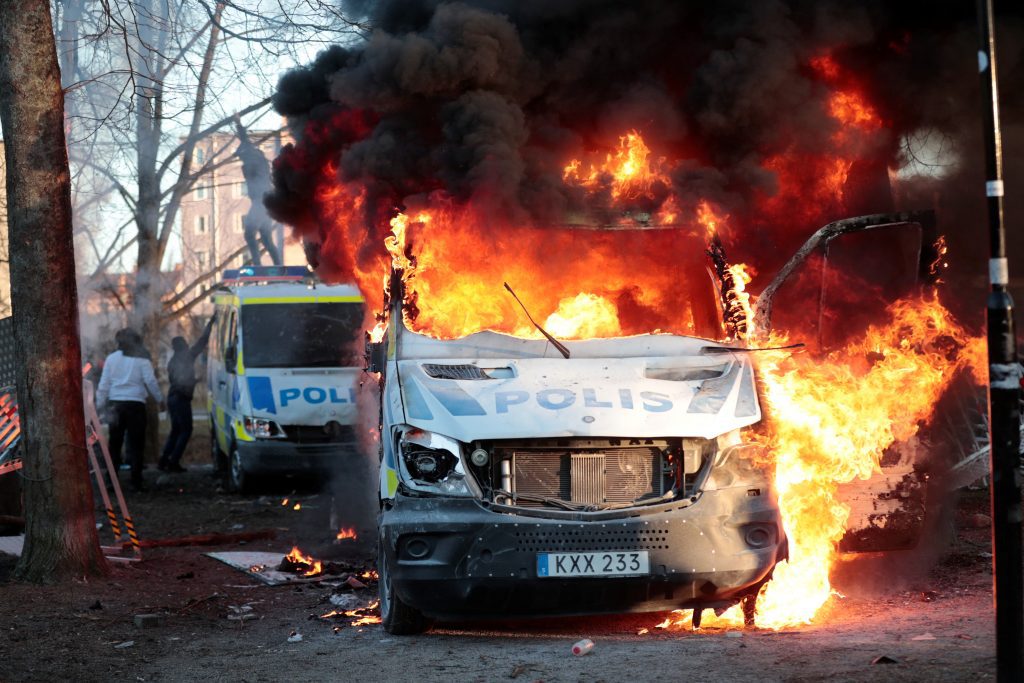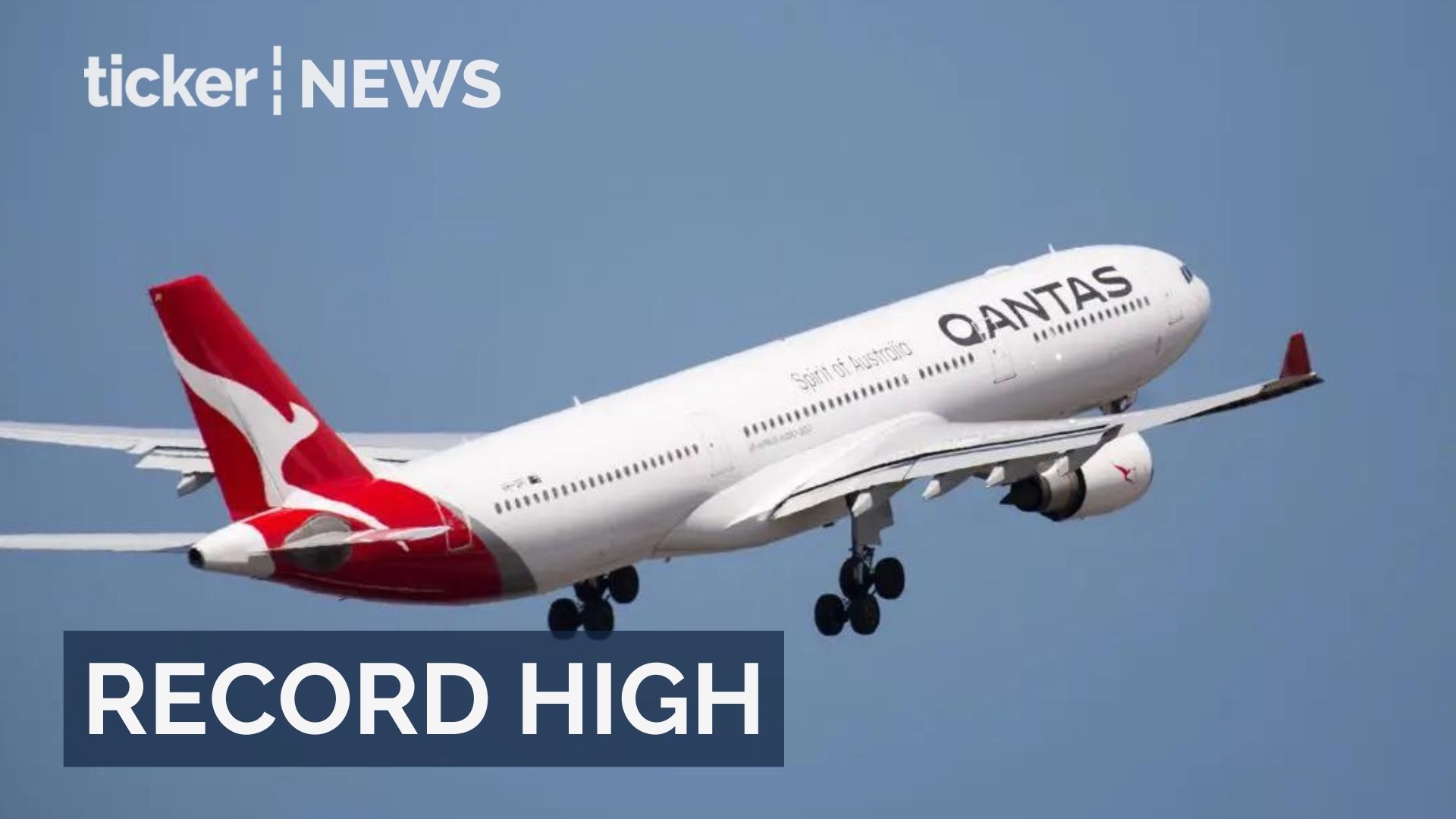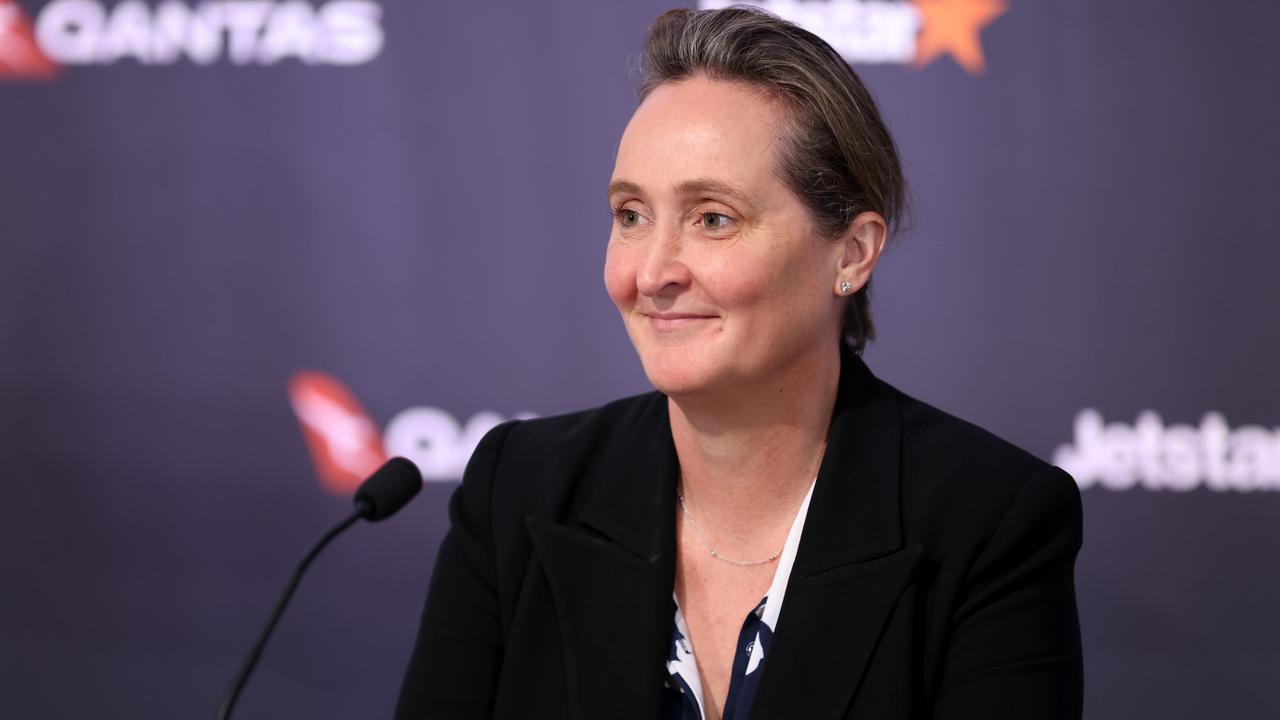News
On Paludan’s Sweden tour – ‘He came again to provoke the everyday immigrant’
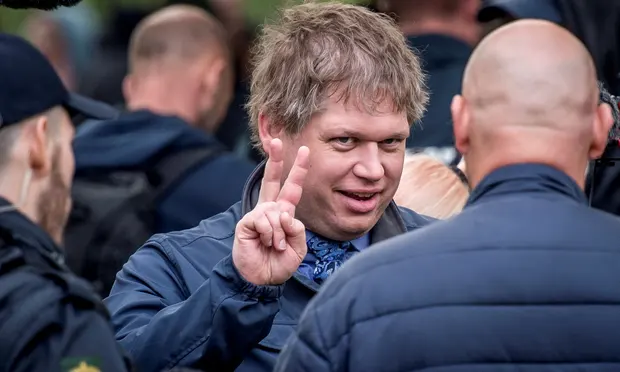
News
Qantas announces 8,500 jobs and frequent flyer changes
Qantas announces 8500 new jobs and frequent flyer program revamp after record half-year profit of $1.46 billion
News
Markets shrug as Trump tariffs take effect
Investors remain calm amid Trump’s 15% tariffs, focusing on future policy uncertainty and inflation risks instead.
News
Savannah Guthrie family offers $1 million reward in search for missing mother
Savannah Guthrie’s family offers $1M reward for info on her missing mother, as FBI investigates suspect linked to DNA evidence.
-



 Tech1 day ago
Tech1 day agoOpenAI moves to replace software giants with AI products
-

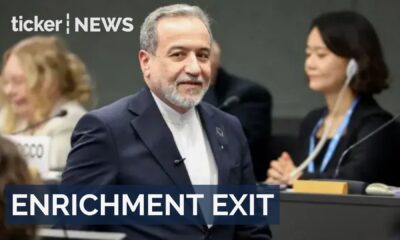

 News3 days ago
News3 days agoIran signals nuclear concessions as U.S. talks intensify
-



 Money3 days ago
Money3 days agoU.S. investors flee stock market for global opportunities
-



 Tech3 days ago
Tech3 days agoApple’s next AI wearables could change how we use tech
-



 Tech2 days ago
Tech2 days agoAnthropic CEO holds key Pentagon talks on AI ethics and military use
-



 Money2 days ago
Money2 days agoStocks tumble amid AI concerns and Trump tariff update
-



 Ticker Views3 days ago
Ticker Views3 days agoHow Andrew Mountbatten-Windsor could be removed from the line of succession
-



 News2 days ago
News2 days agoPeter Mandelson arrested in London over alleged Epstein links



